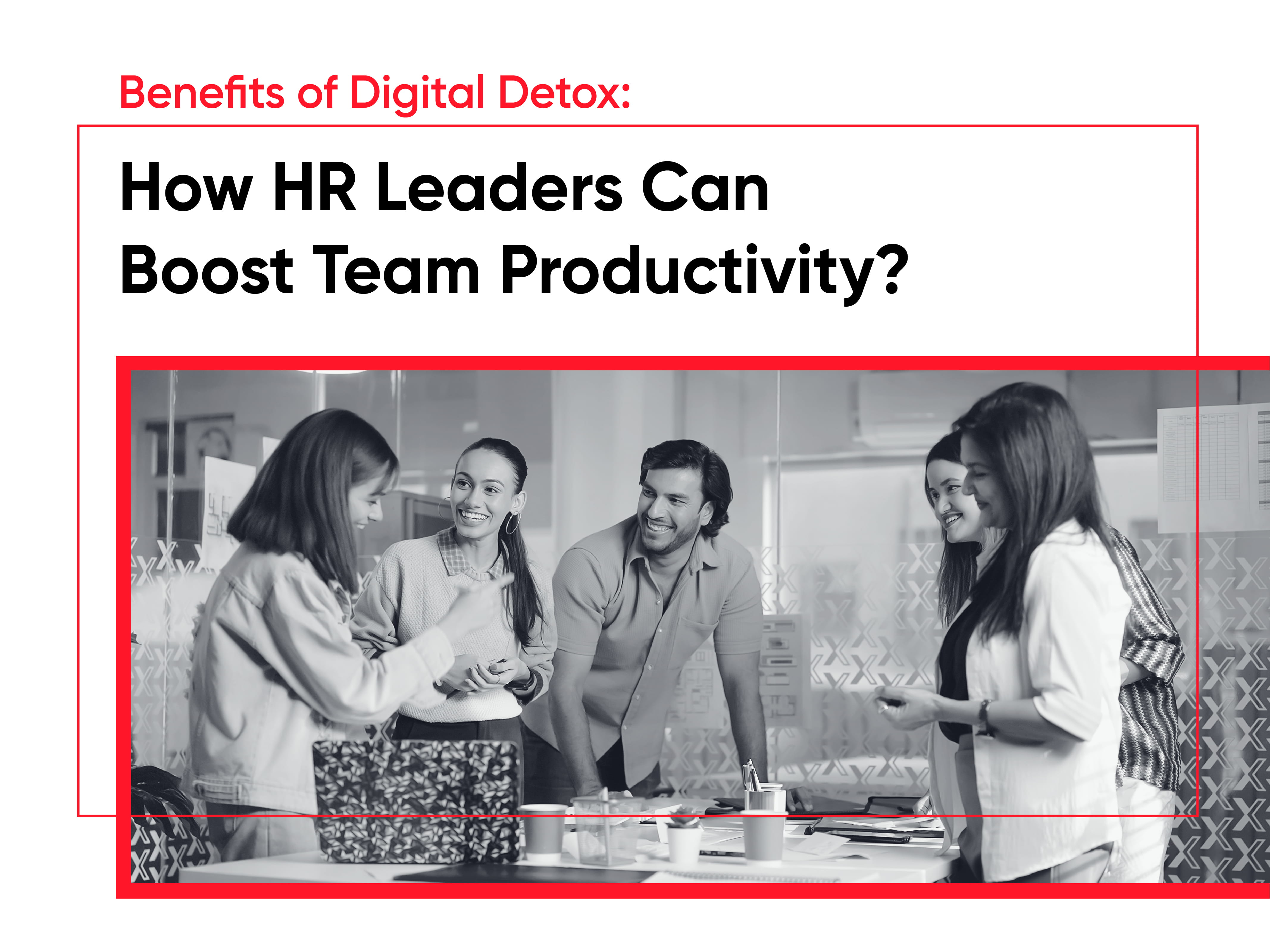Key Takeaways:
1. Positive workplace culture drives engagement, retention, and productivity.
2. Core values, trust, and inclusion are the foundation of a strong culture.
3. Recognition, transparency, and social connection boost morale and loyalty.
One of the most crucial things you can do for your employees is to create a positive work environment. Each of the stories we have heard about terrible jobs or bad employers has one thing in common: a hostile work environment. Work culture refers to the shared values, beliefs, attitudes, behaviors, and practices that shape how work is done within an organization or workplace. It encompasses the norms and expectations regarding how people interact, communicate, make decisions, and approach work.
A good workplace culture fosters positive morale, collaboration, and productivity. It can significantly result in a balanced workload and reduced stress levels, and can also help improve job satisfaction, cooperation, employee performance, employee retention, and overall organizational success.
To build a positive workplace culture, organizations must focus on clear values, open communication, trust, and employee recognition. A strong culture improves engagement, retention, and overall business success. Here are actionable strategies to create a thriving workplace environment.
What is the Foundation of a Strong Workplace Culture?
Determining the organization’s mission and values and incorporating them into everything the company does can add meaning and purpose to employees’ work and improve their motivation and performance. Defining what’s important to the company and its people when establishing values is also crucial, as it helps to align everyone around a shared vision and goals and creates a sense of belonging and shared purpose that can help to drive success. Overall establishing clear core values is an important step for any organization looking to build a strong workplace culture.
Stay Connected: Maintain Open and Transparent Communication Channels
Encourage open communication between employees and managers to foster a positive company culture. It can be achieved by ensuring supervisors are approachable and provide frequent feedback, providing communication tools such as feedback boxes and team messaging platforms.
Transparency in company performance and decision-making is also important to earn employee trust and loyalty. You can achieve this by openly sharing updates and announcements through internal newsletters or monthly company meetings while providing opportunities for employees to ask questions and share opinions. It helps build a positive company culture and fosters trust between employees and management.
Fostering Diversity and Inclusion in the Workplace.
Fostering diversity and inclusion in the workplace can lead to many positive effects, such as increased creativity and innovation, improved problem-solving and decision-making, better employee engagement and retention, and a stronger brand reputation. Additionally, it can enhance collaboration, promote a more positive work environment, and help businesses reach a broader range of customers.
Establish a positive and inclusive work culture by embracing individuals from all backgrounds, celebrating differences, promoting inclusive language through pronoun sharing, setting up a diversity committee, and integrating diversity and inclusion into the recruitment strategy with the help of the HR department to sustain these values as the company expands.
Why Trusting Your Employees Matters?
Trusting your employees matters because it builds a positive workplace culture by promoting employee autonomy, ownership, and accountability.
Trust also fosters open communication, teamwork, and innovation, leading to better problem-solving and decision-making. When employees feel trusted, they are more likely to take risks and bring new ideas to the table, creating a culture of continuous learning and growth. Additionally, trust can enhance relationships between managers and employees, leading to a more positive work environment and improved overall performance.
What is the Importance of Celebrating Milestones?
Many businesses give their staff monthly or yearly targets. But did you realize that recognizing personal accomplishments can also promote a great company culture? Whether it’s meeting specific sales goals, obtaining a promotion, or winning an award, it’s just as vital for employees to recognize and celebrate success as it is for businesses. Every employee should have mentors and positive role models who are enthusiastic about them and proud of their accomplishments.
Also Read: Why HR Leaders Need Employee Feedback Platforms?
Recognizing personal milestones can increase employee commitment to the company in the long term. Positive role models and mentors can provide support and encouragement, further enhancing the employee experience. The more investment in employee happiness and success, the more commitment to the company’s goals and values.
Implementing a Firm Zero Tolerance Policy to Uphold Standards
Implementing a firm zero-tolerance policy to uphold standards can bring about a significant shift in the work culture of an organization. It sets clear expectations of conduct and behavior, which creates a sense of accountability among employees. This, in turn, fosters a positive work environment where everyone is committed to upholding the organization’s values and principles.
With a zero-tolerance policy in place, employees are less likely to engage in inappropriate or unethical behavior, knowing that the consequences will be severe. It creates a sense of trust and respect among colleagues, which translates into a more cohesive team. As the organization becomes known for its high standards of professionalism, it can attract top talent and foster loyalty among its current employees. The result is a workplace culture that is driven by integrity, excellence, and mutual respect, where everyone is committed to achieving common goals.
Boost Team Morale with Fun Social Outings
One effective way to boost morale and promote a positive culture is by organizing fun social outings for the team. These outings allow employees to bond, build relationships, and get to know each other outside the office environment. The social outings could be anything from a picnic to a team-building event like rock climbing or bowling. These activities allow team members to work together in a relaxed setting while having fun and engaging in friendly competition.
It is also an opportunity for management to show appreciation and build a connection with their employees. By investing time and resources in social outings, an organization can create a sense of community and foster a more cohesive team. These events can also help reduce workplace stress and improve mental health, leading to a more productive and engaged workforce.
People invest in the organization’s future and work hard to generate opportunities that will be beneficial for the business when they are proud of the positive workplace culture. Companies can build a sense of pride and ownership among employees by recognizing and rewarding individuals who are actively working to create a great workplace culture and helping those around them.
So, Become Great with our workplace culture solutions!
Frequently Asked Questions
1. What are the key elements of a positive workplace culture?
Core values, trust, open communication, diversity, and recognition are essential for creating a positive workplace culture.
2. How to build a positive workplace culture?
To build a positive workplace culture, organizations must focus on clear values, open communication, trust, and employee recognition.
3. How can leaders promote a positive work environment?
Leaders can foster positivity by modeling company values, maintaining transparency, and recognizing employee contributions regularly.
4. What role does trust play in workplace culture?
Trust encourages autonomy, collaboration, and innovation, leading to higher engagement and better performance.










